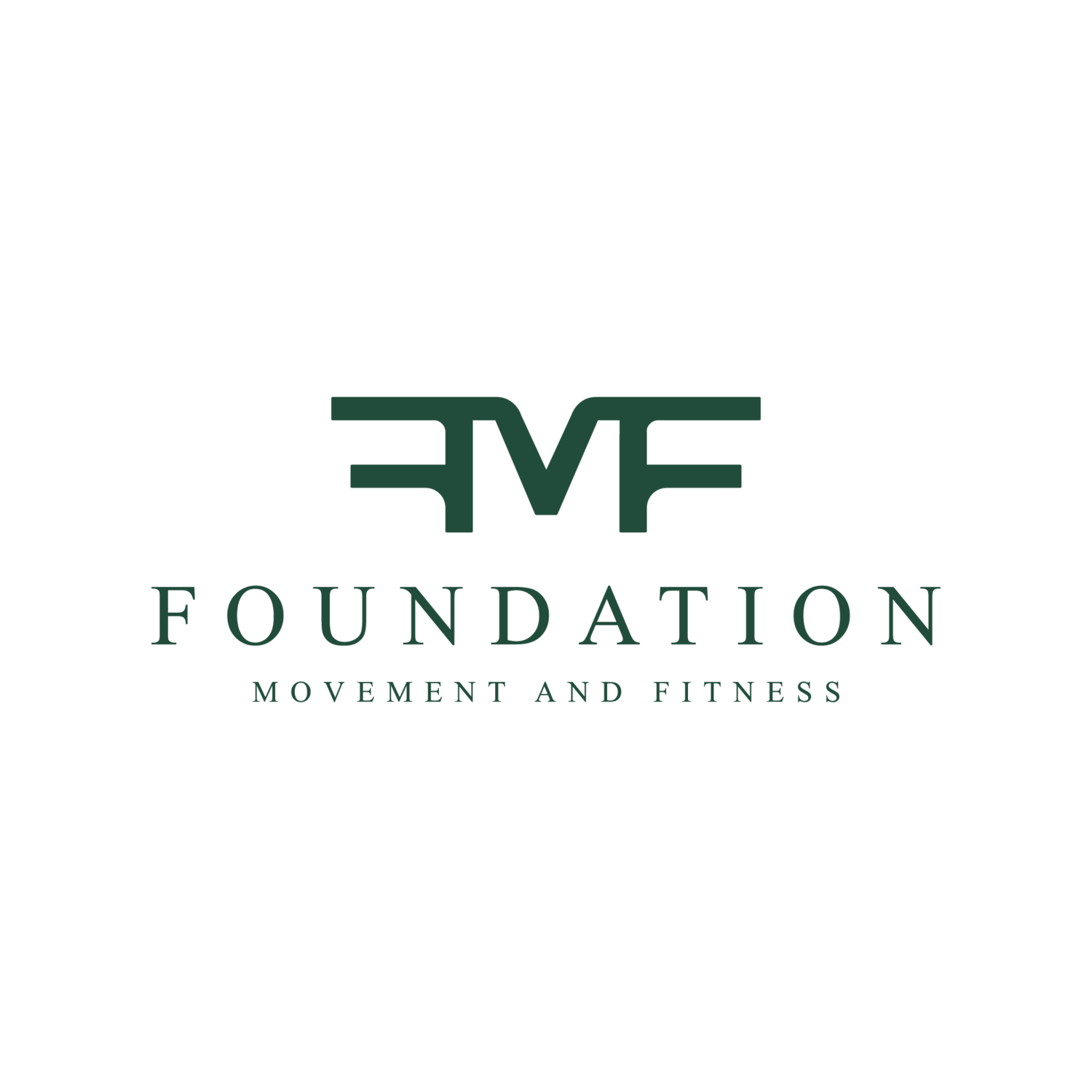The
”after” phase
At FMF, we see a lot of people in the “after” phase. We meet people who are injured for a huge variety of reasons but something pretty common is that at some point in their life they did too much too soon.
Whether that was in weight lifting, dance class, yoga, etc. Sometimes that was the event that caused the injury they’re coming in for and other times it’s something that happened long ago and now they’ve built multiple injuries on top of it.
Meeting our bodies where they are at in whatever sport or movement is vital to having success and to avoid injury. There is no use in pushing ourselves to do something we have not gotten to yet and then getting set back a few days, weeks, months, or even years depending on the injury.
As trainers and coaches it’s our responsibility to identify where that is for a client and stay very aware of how they are tolerating the movements and loads you’re giving them. It’s all too common that a coach brings a male client to the floor and says ok lets start with 10 push ups and the client can’t even do one correctly. He’s got his neck all over the place, shoulder joints knocked out of place, hips practically on the floor and overall a very ineffective exercise for this body.
We must always begin with assessments to find out where our clients are at, meet them there, and design an effective program with progressive overload to get them where they want to be. It is also important as a practitioner to be able to communicate with a client who may think they are able to use certain weights or movements that they cannot and that they need to take a step back in a gentle, firm and encouraging way. That is where progressions, regressions, and variations come in for today’s blog.
“Meet them where they are at”
As trainers and coaches it’s our responsibility to identify where that is for a client
In training we can progress a movement by making it harder. This can be done by adding weight, adding repetitions, or changing the environment i.e making the surface unstable, using closed eyes, or adding in a toss. But we can also make an exercise easier if a client is not yet able to perform something with solid posture. Oftentimes, people call this a regression. While that is correct terminology, at FMF we like to instead simply call changes to movements or exercises “variations”.
“Regression” naturally has a negative connotation. We find that people have more positive reactions to being taught a variation to an exercise versus a regression. Especially in the rehabilitation setting, it is important to keep clients motivated and encouraged because rehabbing injuries is a mentally challenging place to be. Being in physical pain takes a mental toll.
It is ok to not be able to do something. Coaches and trainers…. It's important to step up as leaders in this area to show our clients the value in the quality of their movements and not let them hurt themselves.


